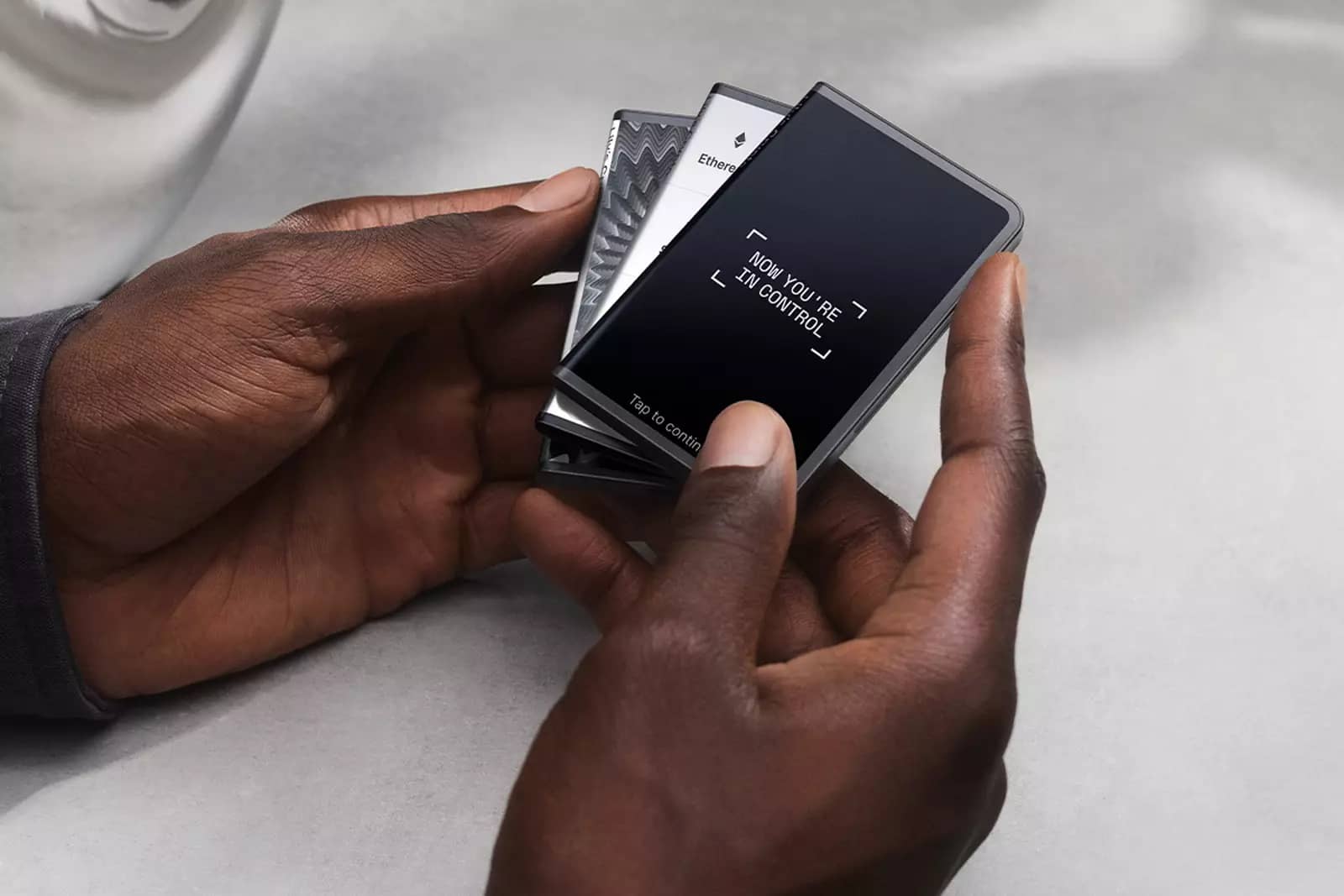Cryptocurrency wallets are digital tools that allow individuals to store, send, and receive digital assets like Bitcoin, Ethereum, and Litecoin. They are an essential component of the cryptocurrency ecosystem, providing a secure way to manage and protect your digital assets.
One of the main reasons why crypto wallets are safe is because they use advanced security measures to protect your assets. Most crypto wallets use a combination of encryption and secure key management to ensure that your assets are only accessible to you and authorized parties.
Encryption is a method of encoding data so that it can only be accessed by someone with the correct decryption key. In the context of crypto wallets, this means that your assets are encrypted and can only be accessed by you or someone with your private key. A private key is a unique and secret piece of information that is used to decrypt and access your assets. It is important to keep your private key safe, as anyone with access to it can potentially access and steal your assets.
Secure key management is another important aspect of crypto wallet security. This refers to the way in which private keys are stored and managed. Most crypto wallets use hierarchical deterministic (HD) key generation, which allows for the creation of multiple private keys from a single seed phrase. This means that you can create multiple private keys for different purposes (e.g., one for online transactions and another for offline storage) and still be able to access all of your assets with a single seed phrase.
Another reason why crypto wallets are safe is that they offer multiple layers of protection against cyber threats. Many crypto wallets have built-in security features like two-factor authentication (2FA) and multi-sig technology to prevent unauthorized access to your assets.
2FA is a security measure that requires you to provide an additional piece of information (e.g., a code sent to your phone) in addition to your password in order to access your wallet. This helps to ensure that only you can access your wallet, even if someone else has your password.
Multi-sig technology, on the other hand, is a feature that requires multiple signatures (usually from different individuals) in order to complete a transaction. This helps to prevent unauthorized transactions and ensures that all parties involved in a transaction are in agreement before it is executed.
Another factor that contributes to the safety of crypto wallets is their decentralized nature depending on which wall you're using. The most popular software wallets that you download to your phone are made by large corporate crypto entities. Let's take Trust Wallet for example. It's owned by Binance which is one of the largest crypto exchanges. Generally speaking, you should be safe with using a software wallet, but one needs to proceed with a level of caution. Any company can create back doors to their applications as we saw with FTX exchange recently. Samuel Bankman-Fried basically made one of the biggest ponzie schemes ever with his collapse crypto exchange. He's said to be the one responsible for a backdoor hack into the FTX exchange where he stole customer funds. These funds were held in a software wallet owned by the exchange, and it's more than likely these affected users will never see their funds again.
By far, the best crypto wallets, are what we call cold-storage wallets. These physical storage devices are held by you, and only you have the seed phrases to access your accounts. The only way you'll ever be hacked, is if you give up your seed phrase and passwords.
In conclusion, crypto wallets are generally safe due to their advanced security measures, multiple layers of protection against cyber threats. While no system is completely foolproof, using a reputable and secure crypto wallet can help to protect your assets and give you peace of mind. It is important to research and compare different wallets to find one that meets your specific needs and to always take steps to protect your private key and seed phrase.






